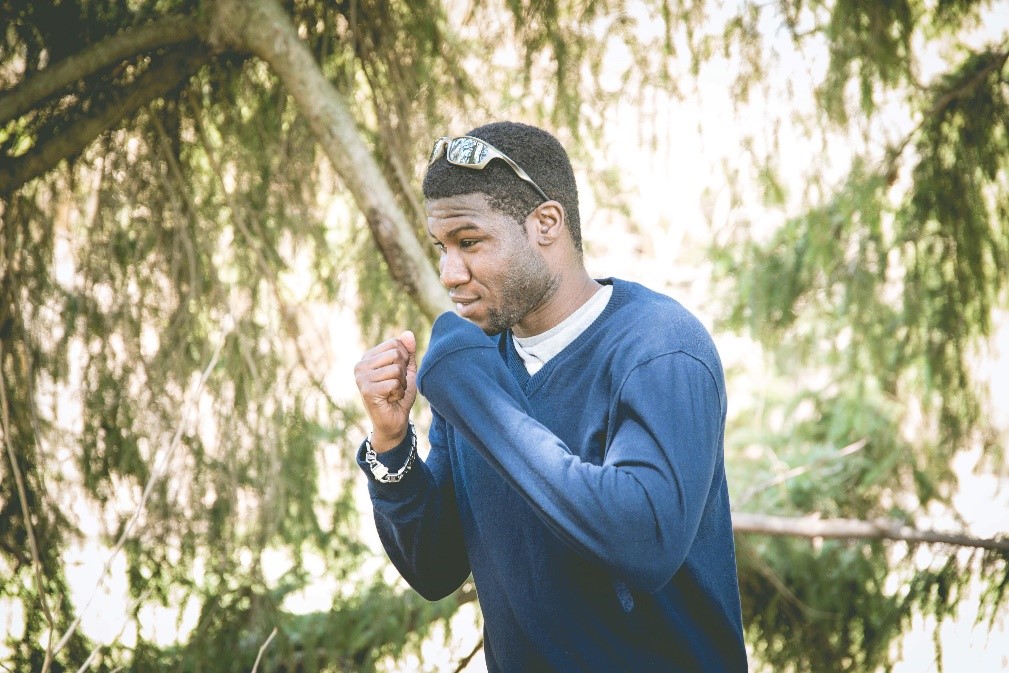By Bernard Akuoko
As a youngster, I was constantly told that I had to work harder than others. I never completely understood this notion. Now it's clearer to me. As a black male, there are negative stereotypes that we face. On top of these stereotypes, living with a visual impairment exacerbates these misconceptions.
My name is Bernard, and I am an African Canadian who was born from parents from Ghana. At the age of two, I was diagnosed with Retinitis Pigmentosa (RP) – an eye disease that causes progressive vision loss.
While attending university in a small town, I was exposed to some discrimination and prejudice. There have been occasions where citizens profiled me, and police officers have confronted me for looking suspicious. One time while I was shopping, I was visually scanning the aisle to look for a product and was instantly accused of stealing.
Sometimes, I feel that when people are from a small community, they unintentionally fear differences and don't completely understand other cultures.

I never let my eye condition stop me from being who I wanted to be. In the early stages of RP, I participated in sports like basketball, football, wrestling and track and field. When it came to my education, I was driven to succeed. I received my Social Service Worker diploma from Sheridan College, completed a continuing education course at Ryerson University, and eventually earned my Bachelor of Social Work degree at Laurentian University. I was the only black male in my graduating class at Laurentian.
After graduating, I made it my mission to get into the labour market and make a difference. I went on to work at the YMCA as a Peer Employment Mentor, where I had the chance to help persons living with disabilities acquire employment.
I faced a few personal and professional setbacks. Due to budget cuts, I was laid off, and a health scare left me in a dark place. At this point, when everything seemed gloomy, I secured an amazing job at W. Ross MacDonald School as a Residence Counsellor.
I will never let vision loss define me. I believe that you should live for your passions.
Today, I continue to work at W. Ross MacDonald and have been involved in other community activities. I'm a member of the Coalition of Racialized Workers, a CNIB Ambassador, a Fighting Blindness Canada (FBC) ambassador, an FBC young leader, a public speaker, and a facilitator for a vision loss support group. I also continue to weight train, box, run races, write and compose hip hop music.
Sometimes it feels like you must give up your cultural identity to live with a visual impairment.
All my life, I felt like I had to hide my vision loss because it made me feel like less of a black male. My West African culture never addressed the idea of disability. I never came across someone who was like me. I strongly feel that this is something we should address moving forward. No one should feel that their disability is taboo because of their race, ethnicity or culture. I will forever love and appreciate my Ghanaian heritage, skin colour, accomplishments, living with partial sight, and my black community.
I hope to be a role model to others so they, too, can be proud of who they are.